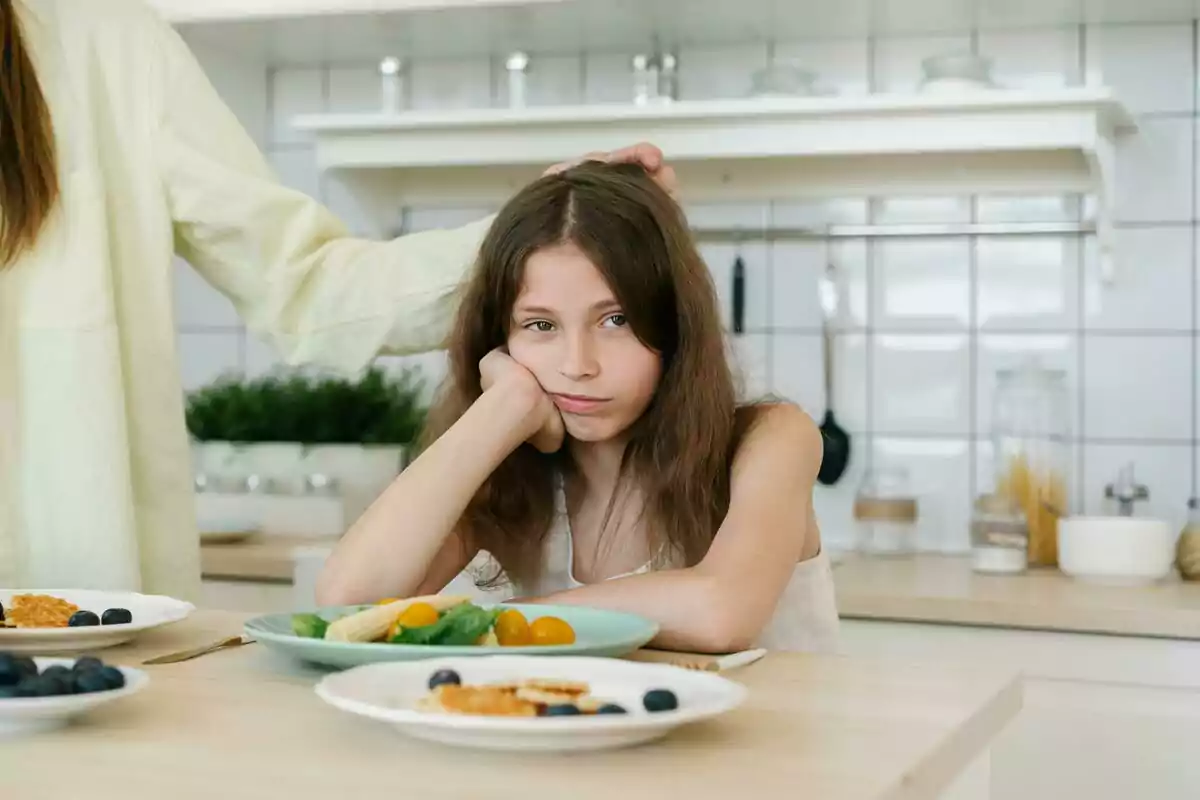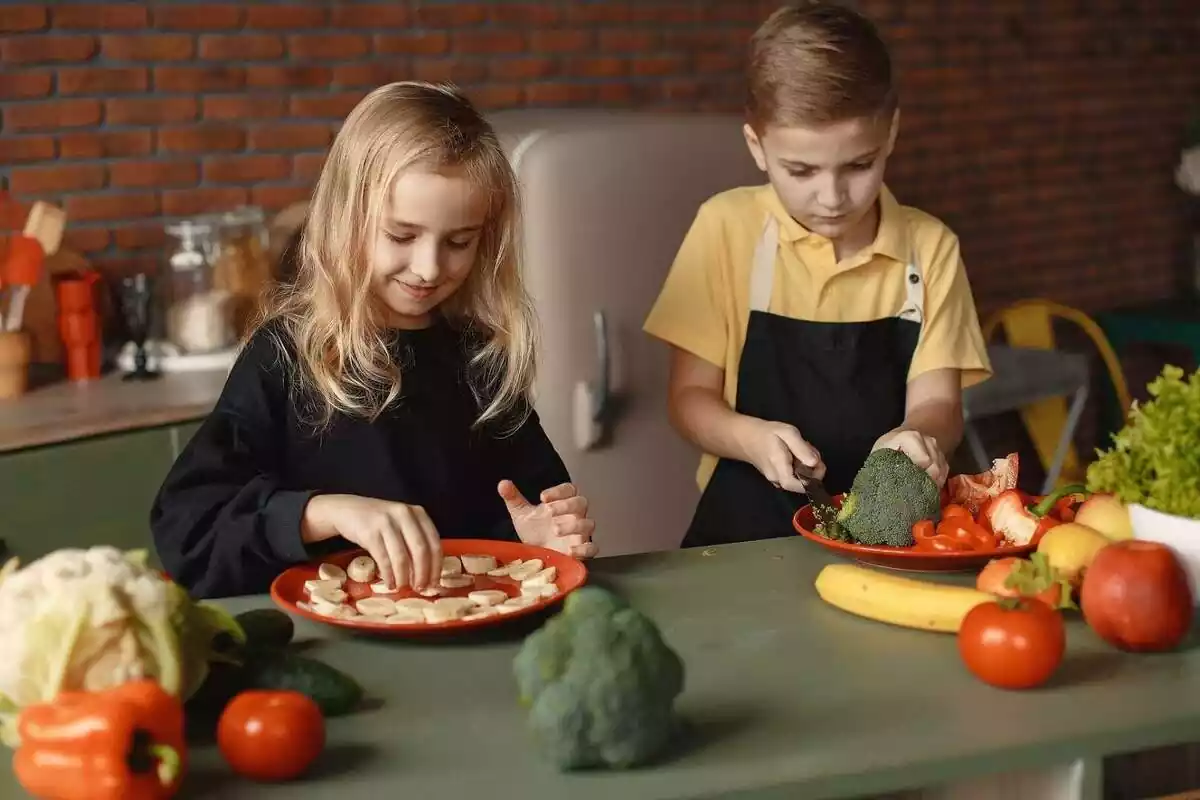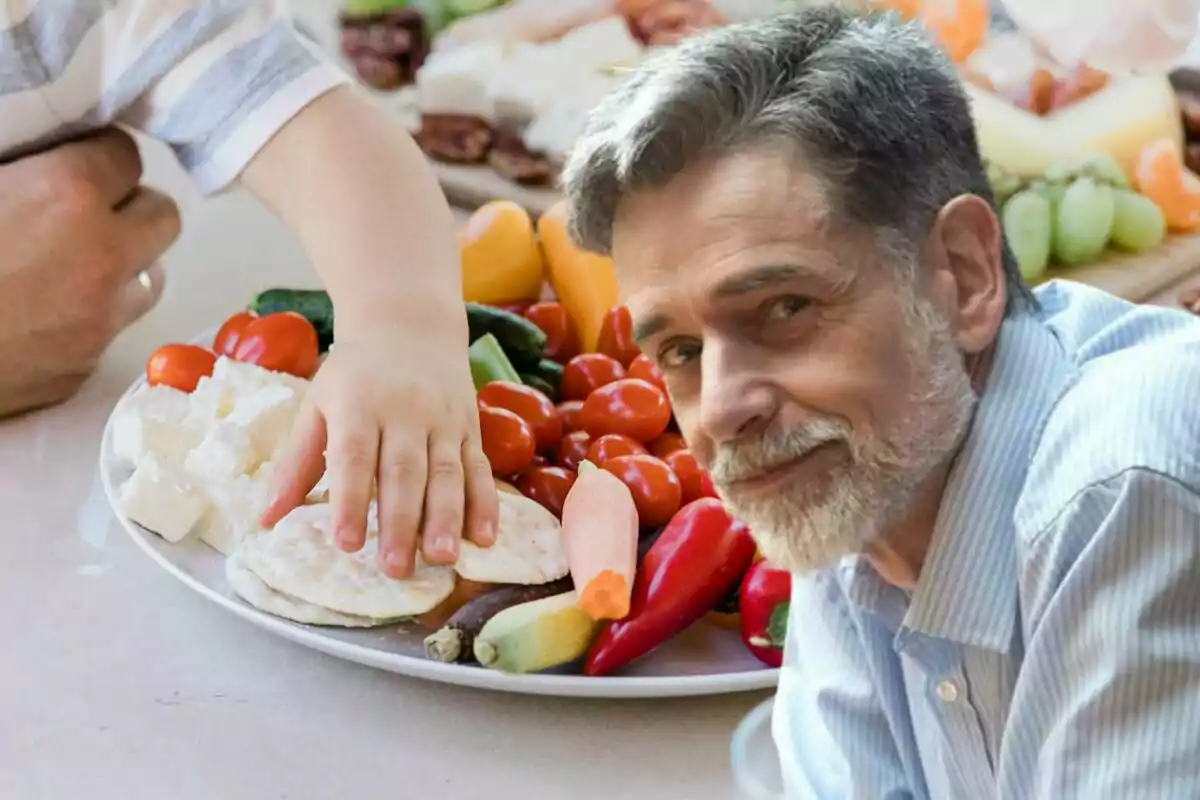One of the major challenges many parents face today is how to get their children to maintain a good relationship with food. At home, adults usually decide what is eaten, but when children start socializing outside the home, the situation becomes more complicated. This causes many parents to feel frustrated when they see their children prefer unhealthy foods.
In response to this reality, pediatrician Carlos González, a renowned pediatrician, has addressed this issue from a very clear and direct perspective. In his podcast Criando sin miedo, he has explained that forcing children to eat certain healthy foods can be counterproductive. According to González, constant insistence can make children end up hating exactly what adults are trying to get them to eat.

Food education starts at home
According to the expert, as long as children don't have the autonomy to do the shopping or decide what they eat, adults must take the lead at home. That's why he recommends that parents not only buy healthy foods, but also eat them themselves as an example. This way, children learn through observation and don't feel the need to rebel against what is imposed on them.
Regarding ultra-processed products, he points out that the simplest solution is not to have them available at home. However, he also admits that many parents believe that occasional consumption doesn't cause harm, so the decision is up to each family. In any case, he reminds parents that in adolescence there will be bigger problems, such as avoiding tobacco, alcohol, or drugs, which should be more concerning than these small indulgences.

Don't turn the table into a battlefield
Finally, he has emphasized the importance of not pressuring children with food. If children are left alone, it's likely that in adolescence or young adulthood they will regain interest in a varied diet and may even be encouraged to try new foods. On the other hand, if adults insist, children may end up hating those foods because they associate them with family tension.
With these reflections, Carlos González invites parents to rethink the way they handle food at home. Instead of creating conflicts, he suggests fostering an environment of calm and positive example. This way, healthy habits are promoted without children feeling that food is a source of stress or discomfort.

Many parents, with the best intentions, believe that insisting is the only way to teach good habits. However, the pediatrician reminds parents that eating should also be a space for enjoyment. Respecting each child's pace can make a difference in their relationship with food in the long term.

